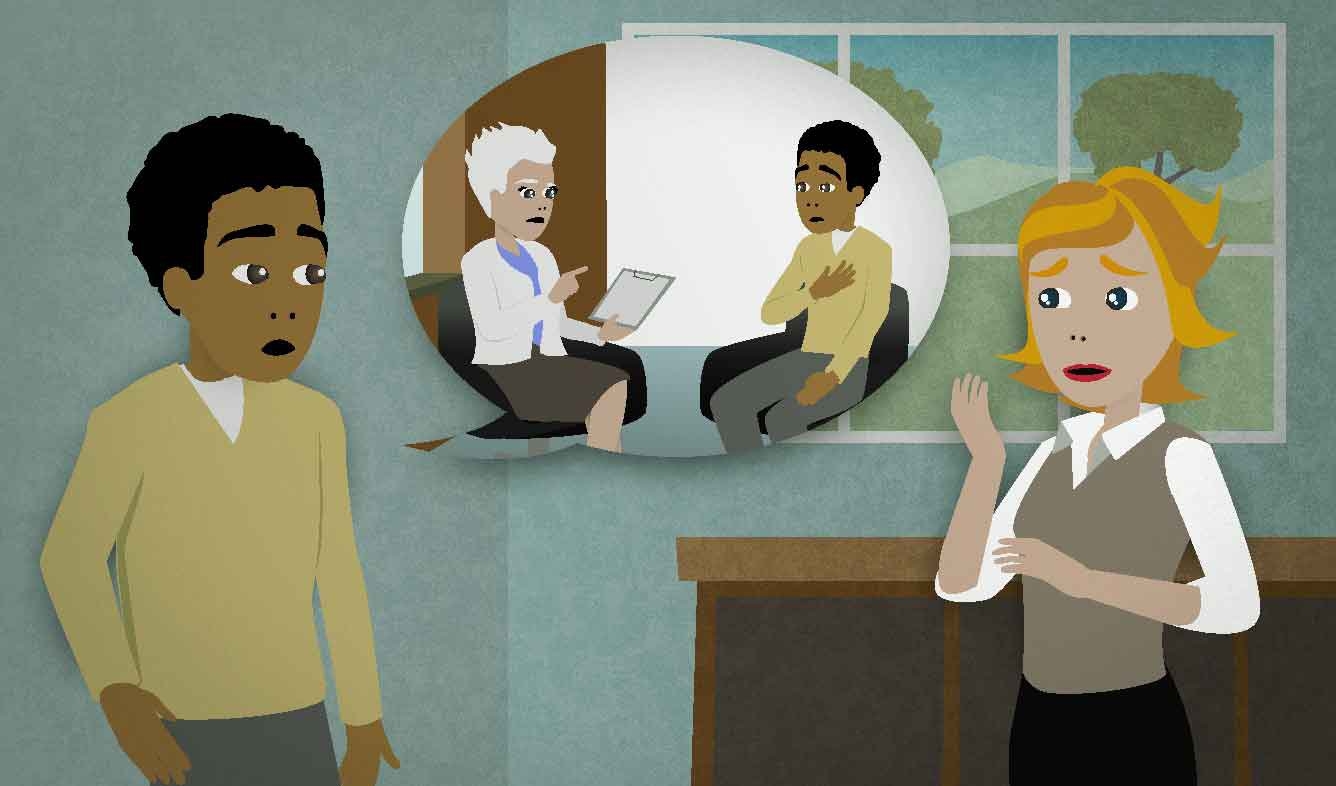“I've been diagnosed with Parkinson's.”
You found out that you have a serious disease. You're telling a friend about it. You say:
I've been diagnosed with Parkinson's.
Want Video and Sound? Follow us on YouTube

(something) has been (done)
This kind of sentence is called a "passive" sentence. You use "have been ___ed" when you don't want to say who did something because you're trying to hide it, or just because it's not important.
If someone asks about the dishes in the dishwasher:
Have these been run?
...the speaker asks "Have these been run" instead of "Did you run these?" because it's not important who ran the dishes. It could be any member of the family.
In the example:
Yes, I just wanted to verify that my payment has been received?
...the speaker doesn't know exactly who receives the payments. All that's important is that the correct person or department received it.
diagnose (someone) with (an illness)
When you go to a doctor and explain health problems that you have, the doctor "diagnoses" you. That means that the doctor tells you the name of the illness that you have.
You can say which illness or disease a person has with the phrase "diagnose ___ with ___":
They diagnosed me with a rare blood disease.
"Diagnose" is a scientific technical-sounding word. It would seem strange to say something like "The doctor diagnosed me with a cold" because "a cold" is not scientific or technical.
Parkinson's disease
"Parkinson's disease" is the name of a disease which affects a person's brain and nerves. It sometimes causes the person's movements to become shaky. One well-known person who has Parkinson's disease is the actor Michael J. Fox, who starred in the 1980's movie Back To The Future.
When people talk about this disease, sometimes they just call it "Parkinson's":
I heard she had Parkinson's.
